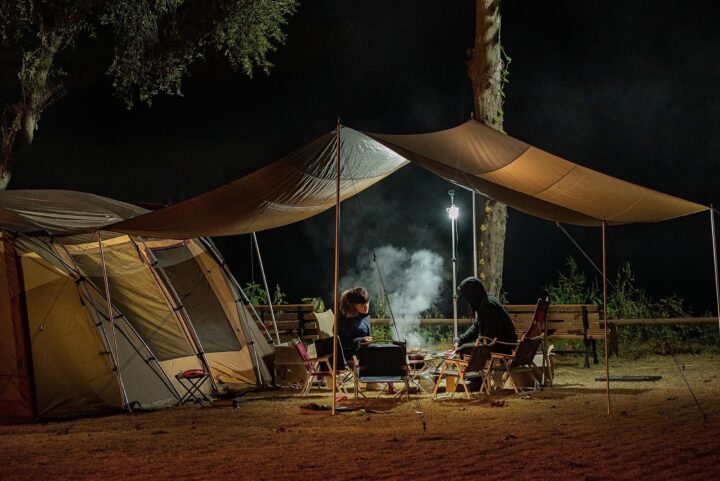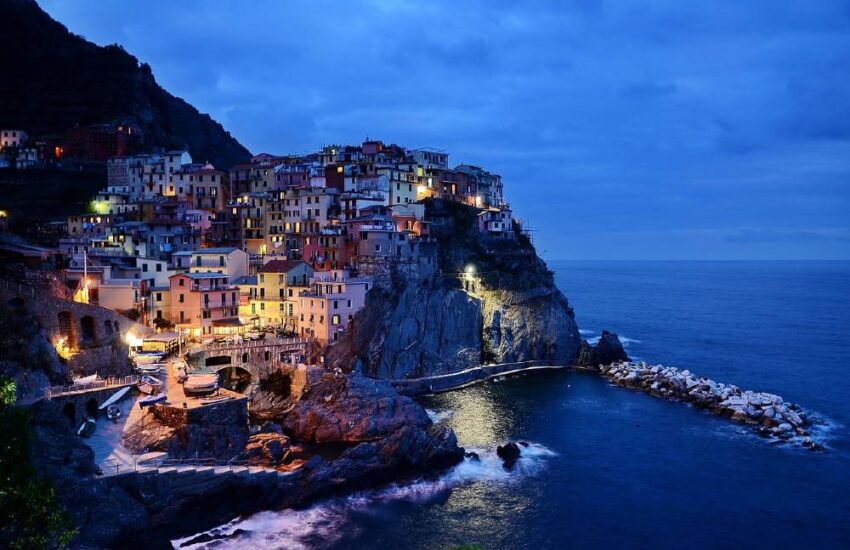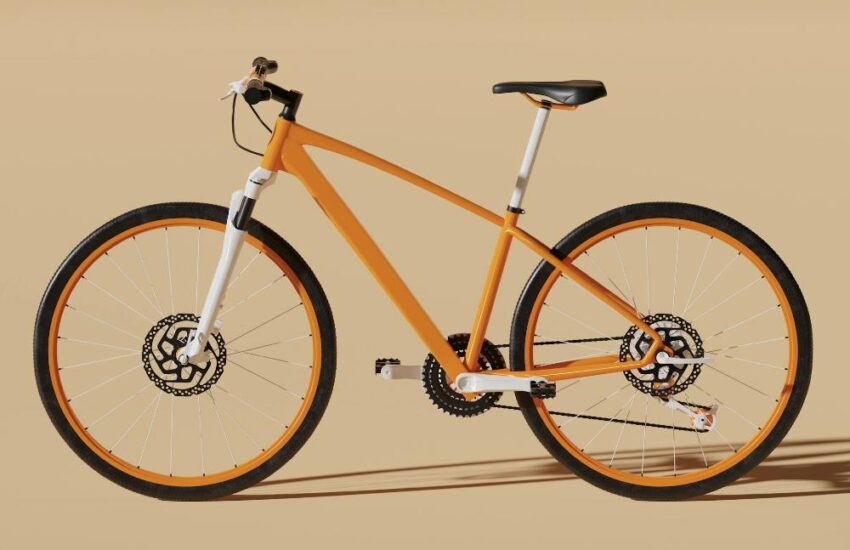6 Tips On How To Protect A Campsite
Are you planning a camping trip? Camping is a great way to enjoy nature and get away from the hustle and bustle of city life. However, it’s important to remember that when you’re camping, you’re essentially living in the wilderness. This means you must take extra precautions to protect yourself and your campsite. This blog post will discuss six tips for protecting a campsite. Let’s get started.

Use PVC Tarps or Tents
PVC tarps or tents are a great way to shelter your campsite from the elements. They’ll also protect your gear from any animals that might be roaming around the area. You can get custom PVC tarps for your business to ensure optimal coverage and protect your team from heavy rains or strong winds. Ensure the tarp or tent is securely fastened and pitched correctly so it can’t be easily moved by wind or other environmental factors.
Some of the factors to consider when choosing PVC Tarps include the size, which should be able to cover the entire campsite and any equipment you will be bringing; the material, which should be able to withstand different weather conditions and strong winds; the seams, which should be reinforced for extra protection; and lastly, the attachment points.
Bring Bear Deterrents
If you’re camping in an area known for bears, be sure to bring bear deterrents with you. This could include pepper spray or loud noisemakers such as air horns. Be sure to check the local laws and regulations regarding the use of bear deterrents, as they vary from state to state.
It’s a good idea to inform your fellow campers about bear deterrents in case they need them. This will ensure that everyone is protected and can enjoy their camping trip. If possible, store any food, scented items, or trash in bear-proof containers.
Choose the Right Campground
When selecting a campsite, it’s important to choose the right campground. Look for campgrounds with rules and regulations to protect their visitors and keep out unwanted guests. You should also consider the terrain of the area you plan camping in—is it prone to flooding or rock slides? A good tip is to look for campsites higher up and away from potential hazards.
Besides this, you need to go camping in places suitable to the type of camping you will be doing. If you’re planning on a more remote experience, choose a campsite far from other people and any potential dangers. For instance, if you’re camping in a desert, choose a place with plenty of shade and natural water sources.
Properly Store Your Food
When camping, it’s important to store any food or supplies properly. You don’t want animals getting into your food and leaving a mess behind. Always place food in bear-proof containers or secure them in your car if possible. Besides, food can attract other animals, including rodents and insects.
So be sure to keep your food away from the tent and other equipment that may attract animals. For instance, use hanging bags or containers to store food, and never leave it in the open. You can also use bear-proof canisters or electric fences to protect your food.
Get to Know Your Neighbors
When camping, getting to know your neighbors is always a good idea. Introduce yourself and let them know where you’re from. This will help you feel more comfortable in the event of an emergency or if there is any suspicious activity.
Consider sharing your supplies with other campers in need. This will give you a sense of community and help create a friendly atmosphere in the area. Moreover, it’s always good to have someone nearby who can lend a helping hand if needed.
Secure Your Tent
When setting up your tent or campsite, it’s important to ensure everything is properly secured. This means using anchors and stakes to keep tents and tarps in place. Make sure all the zippers are closed and secure and consider using a tarp to cover your entire campsite if you’re expecting rain or storms.
Finally, it’s important to be prepared for weather or animal threats. Bring extra clothing and supplies in an emergency, and keep a first-aid kit handy in case of any injuries. This ensures that you and your family can enjoy a safe and enjoyable camping trip.
Camping is a great way to get back in touch with nature and enjoy peace and quiet. However, taking the necessary precautions to protect yourself and your campsite from potential hazards is important. By following these 6 tips on protecting a campsite, you can ensure that you and your family have an enjoyable and safe experience.


